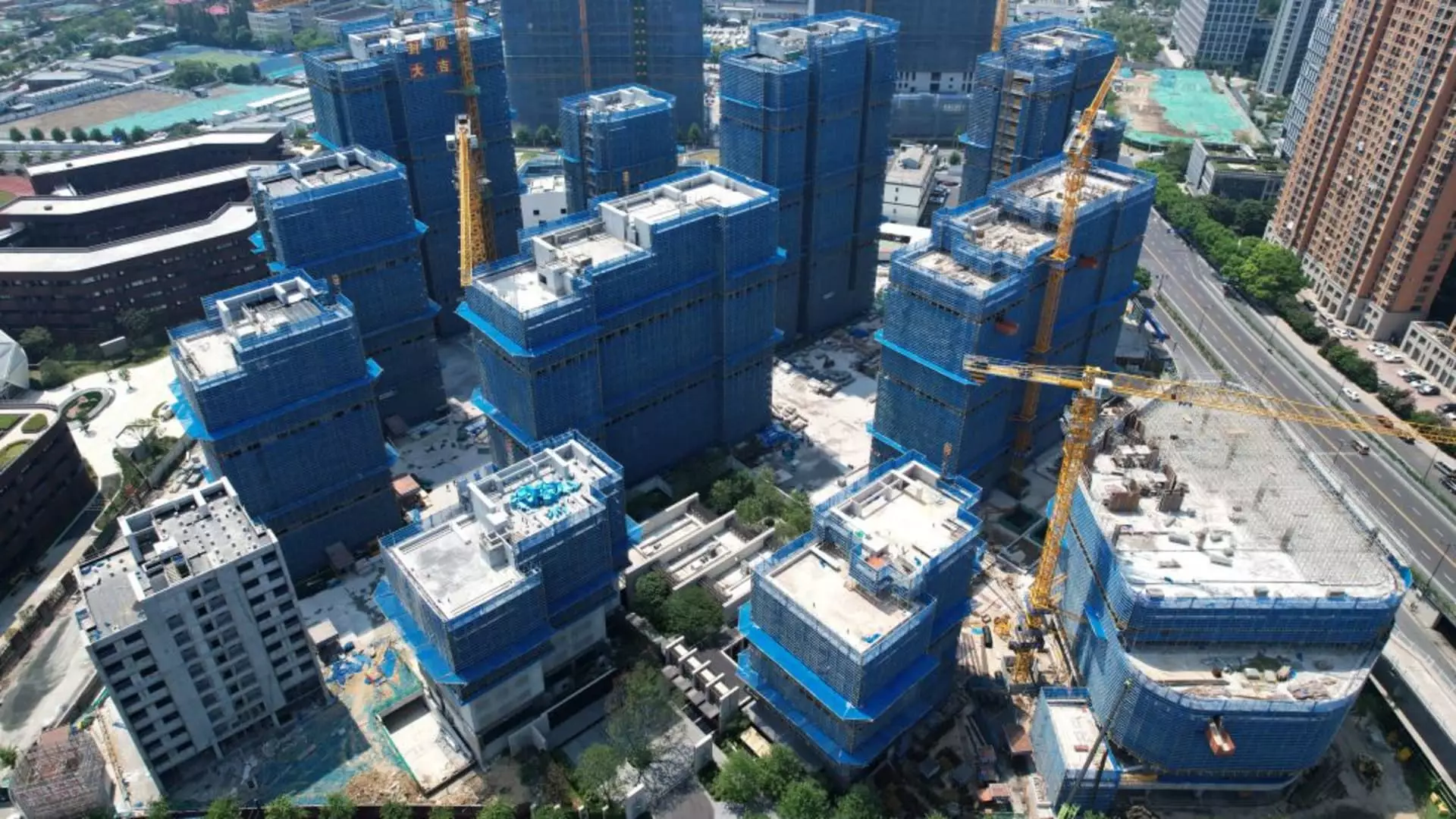China’s property market struggles and U.S. sanctions have had a significant impact on various cities across the country. The Milken Institute’s best performing cities China index has been monitoring China’s large- and mid-sized cities since 2015, focusing on their economic vibrancy and growth prospects. The latest version of the index compares data for 2023 with that of 2021, after a hiatus in 2022 due to a methodology reassessment.
Hangzhou, the capital of the eastern Zhejiang province known for being the home to tech giants like Alibaba, topped this year’s rankings. On the other hand, cities like Zhuhai in the southern Guangdong province, once considered a “rising star,” plummeted in the rankings due to the real estate downturn. Perry Wong, managing director of research at the institute, highlighted how the real estate sector’s collapse had a negative impact on cities like Zhuhai, leading to a significant drop in their rankings.
Real estate and related sectors have historically played a crucial role in China’s GDP, accounting for more than a quarter of the total. However, Chinese authorities began cracking down on high debt levels among real estate developers in 2020, leading to a slowdown in the sector. This had repercussions on the growth of several cities in the region, except for Dongguan, known for its manufacturing sector and the presence of companies like Huawei.
Apart from the real estate slowdown, some cities faced challenges due to geopolitical factors such as US sanctions. Dongguan, for example, dropped in the rankings due to these sanctions, highlighting the impact of external political decisions on the economic performance of Chinese cities. Similarly, cities like Shenzhen, known for hosting Chinese companies blacklisted by the US, faced challenges in the rankings.
Despite these challenges, some cities like Zhuhai, known for its potential in service and production jobs, have promising futures once the real estate impact is excluded. Other cities like Wuhan and Hefei have fared well in the latest index due to initiatives to support technological development and maintain economic stability during the pandemic. The success of cities like Hangzhou as hubs for e-commerce, manufacturing, and finance, however, may be difficult to replicate due to local property sector dominance and rising living costs.
The changing economic landscape in China, influenced by property struggles and external sanctions, highlights the fragile nature of growth in Chinese cities. As these factors continue to evolve, city policymakers and stakeholders will need to adapt quickly to ensure continued economic vibrancy and growth prospects.


Leave a Reply